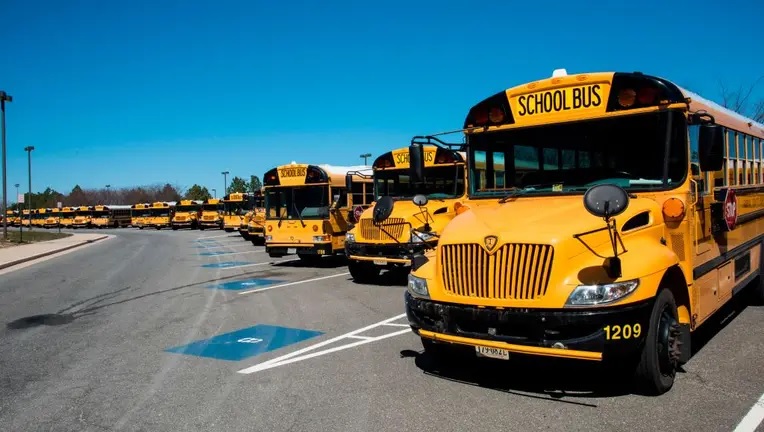
Budget increases fail to improve educational outcomes in Fairfax County public schools
Fairfax County Public Schools have seen a significant budget increase in recent years, growing from $3 billion in fiscal 2020 to $3.7 billion in fiscal 2025. However, this financial boost has not translated into improved student outcomes. Despite more funding, student performance, as measured by the Virginia Standards of Learning (SOL) tests, has either stagnated or worsened in key subjects like English, math, science, and history.
Data from recent years reveal troubling trends in student performance. In English reading, the failure rate held steady at 22% for both the 2022-2023 and 2023-2024 school years. More alarming, however, is the failure rate in English writing, which surged from 22% in 2021-2022 to 72% in 2023-2024. Similar trends are observed in history, where the failure rate jumped from 23% in 2021-2022 to 59% in 2023-2024. In comparison, math and science scores have shown little to no improvement, with failure rates remaining fairly consistent.
As budget allocations have grown, so has the district’s administrative staff. One example is the creation of the Chief Experience and Engagement Office in fiscal 2024. The office, led by Lisa Youngblood Hall with an annual salary of $239,468, has a budget exceeding $8.2 million and employs 70 non-school-based, full-time staff members. According to the district, the office aims to modernize student registration and improve attendance, yet its overall impact remains unclear.
In addition to the Experience and Engagement Office, the district also maintains an Equity Office, led by Chief Equity Officer Nardos King, who earns more than $230,000 annually. This office's budget for fiscal 2025 is $5.6 million, further contributing to the district’s growing non-school-based administrative costs. Combined, these two offices account for $13.8 million in annual spending.
Despite these expenditures, critics argue that the funds could be better spent directly on improving educational programs rather than expanding administrative roles. The district continues to push for more funding from state and local governments, often citing the need to improve student outcomes. However, the existing data suggests that the problem may lie in how the funds are allocated rather than the overall amount.
Calls for an external audit of the district’s budget have emerged, with suggestions that the focus should return to the core mission of public education: teaching students fundamental skills in measurable ways. With no clear improvement in student performance, particularly in key areas like English writing and history, many believe a shift in priorities is needed to ensure that the budget is spent effectively.
As the district moves forward, parents and community members are increasingly asking whether more money will solve the challenges facing Fairfax County Public Schools or if deeper structural changes are required to get the system back on track.







